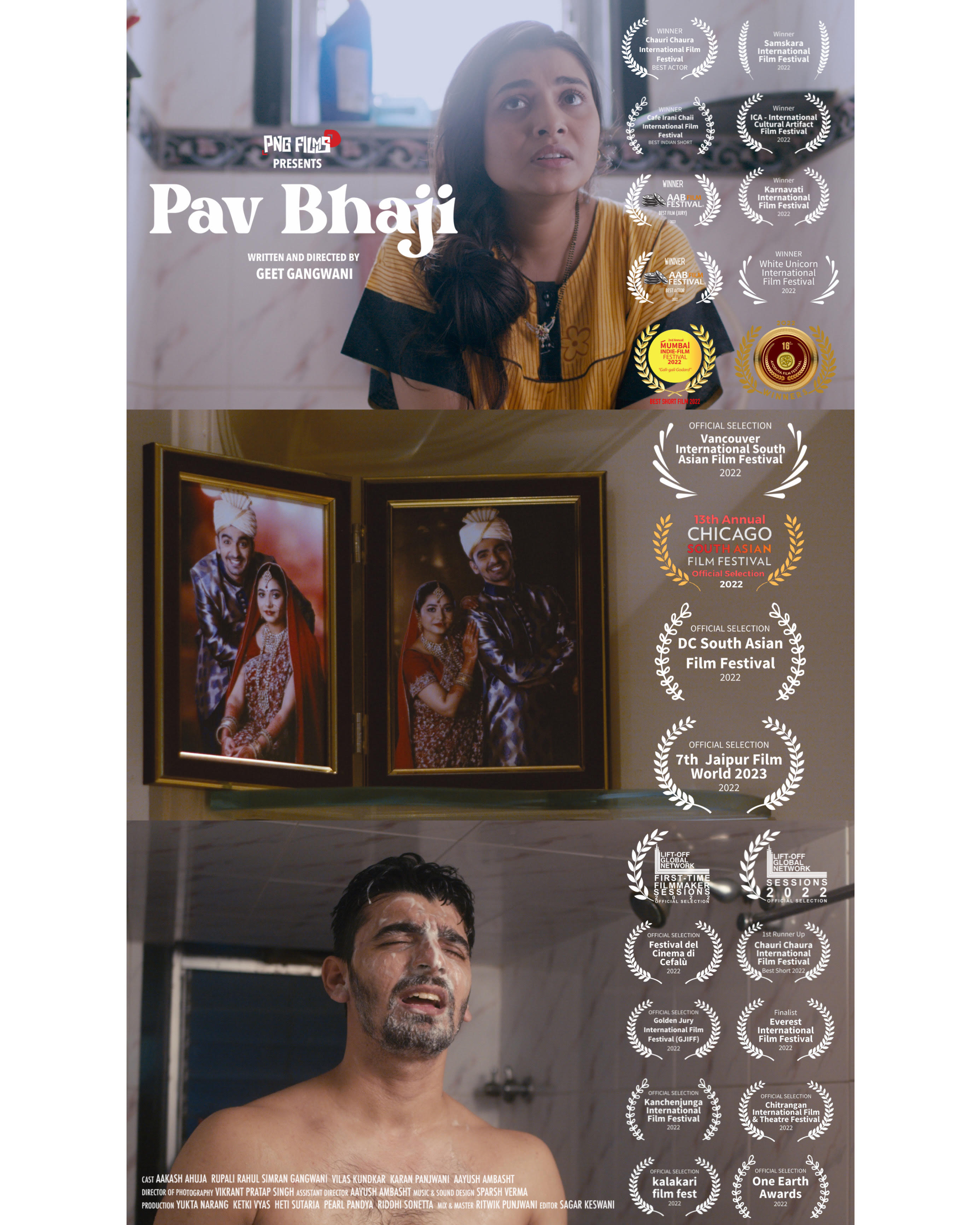
DFW SAFF 2018 Short Film Review “Devi”
NO TRAILER CURRENTLY AVAILABLE
First, the Recap:
Lines of division. When a society places upon its people drastic separations that try and define how one group compares to another, much less when there is the additional pressure of social interaction and how it’s dictated with whom we associate with, how much harder does it become to simply be who we are when everything we’re expected to be is preconceived? In New Delhi, one teenaged girl named Tara (Aditi Vasudev) finds herself in a state of conflict. Wanting to establish her own identity and simply exist as she chooses, the world Tara inhabits heavily resists her closeted lesbianism, with the taboo of it all and additional constraints creating a rebellious streak within her.
Not oblivious to Tara’s defiant overall demeanor is her highfalutin, single mother Lata (Tanvi Azmi), who chooses to maintain a lavish and highly traditional lifestyle suited to the class she considers herself a part of. Managing to find a way to “excuse” her daughter’s general behavior, events take a decidedly non-auspicious turn when, during a dinner party at the family home, Lata discovers Tara fraternizing with the house’s longstanding maid, Devi (Priyanka Bose). Leaving her mother shocked, Tara’s choice to pursue the attraction she’s had to Devi causes irrevocable ripples in the household as family, social, and societal conventions are swept away, the lasting effects of which will reverberate between mother, daughter, and Devi forever.
Next, my Mind:
Writer/director/producer/editor Karishma Dube takes the concept of one young girl’s hidden sexuality and strivings to be who she is and puts it in the additional contexts of social class structure and longstanding family and cultural traditions with her 12-minute LGBTQ-themed short film effort that made its Texas debut at DFW SAFF 2018. While also depicting, albeit briefly, the general bigotry faced by the lead character, the effort then turns more inwardly to how Tara’s choices so overtly impact her home’s atmosphere, especially given the fact that her mother’s posh surroundings and overall attitude would suggest that’s the exact way she desires her daughter to be brought up, which only makes the moment of revelation that much more jarring and unsettling to her entire way of seeing Tara. The incident that sparks said reaction is actually superbly tender and genuine, and we subsequently come to know, mainly by conjecture, how Devi’s role in nurturing the relationship between them has been cultivated for a decent amount of time, perhaps, even if only brought to fruition in the present. The aftermath is a study in subtle yet screaming intensity, and the means by which Tara and her mother move forward, beyond the key factor of Devi, is effectively left to one’s imagination.
Vasudev is splendid and deeply emotive in her role here as Tara, a teen girl who, on the surface, is really just trying to BE a teenager, even if the specifics of her secret sexuality do come out in an initially volatile way, which we see at the start. Given her frustrations, watching as that affecting instance builds up between her and Devi carries a palpable tension yet a beautiful release, as the two commit to an embrace that speaks volumes to what they feel towards each other, even with Tara being the one initiating the encounter. Then watching said result when caught by her mother, it sets a tone that we just know won’t ultimately bode well for Tara or her relationship, and all of this is presented and portrayed with conviction by Vasudev. Bose just radiates a subdued fire and mature emotional resonance in playing Devi, the well-established presence in Lata and Tara’s household as their maid, whom we also realize, mainly by supposition, has played a big part in raising Tara over the years. So that general bond has already existed, but seeing it develop to the next level at the dinner party and Devi’s short-lived hesitations towards Tara’s advances is so real and unfeigned, which is a complete credit to Bose’s expertly presented acting.
Finally, there is veteran actress Azmi, who totally nails the nuances of a, frankly, preening, self-absorbed society woman in her performance as Tara’s mother Lata, who definitively has all her ideas about what someone in their social class should be like, act like, and be involved with, even if she might even truly “see” the people around her, including her own daughter. Even with Tara’s random disorderly conduct prior to the dinner party, we can tell there’s a certain amount of neglect towards her that Lata exudes, maybe not wanting to even entertain Tara being any other way than she pictures a society girl to be. As mentioned above, that moment Lata sees the truth that’s been growing in her own household, and the ensuing fallout, is masterfully enacted by Azmi. Therefore, in total, “Devi” is a deeply relevant film that actually paints a vivid and sobering image of contemporary India, which only makes a narrative such as this even more integral to be seen by the masses that change might be initiated.
As always, this is all for your consideration and comment. Until next time, thank you for reading!





